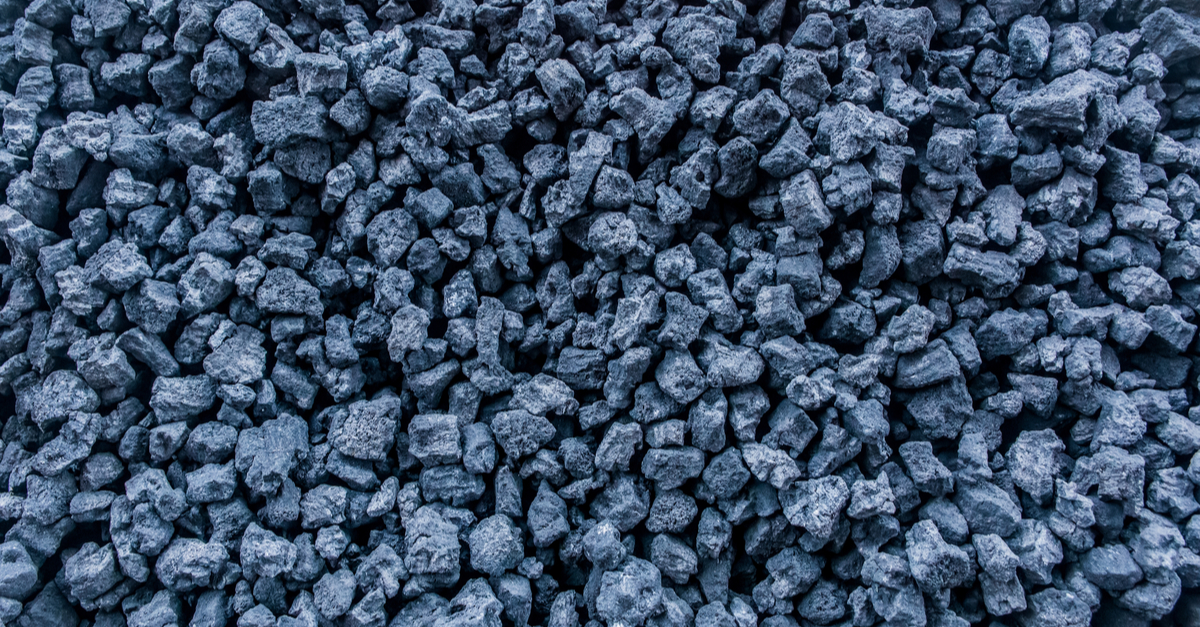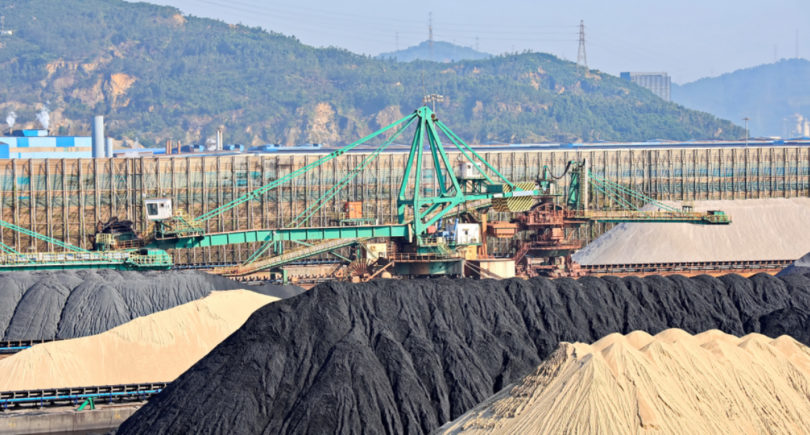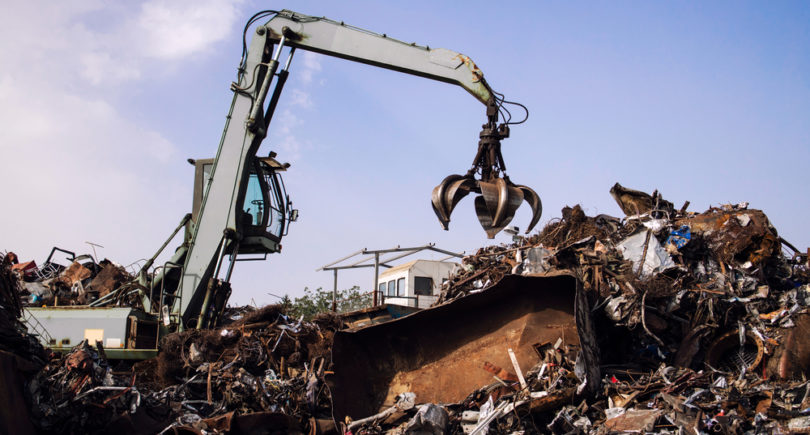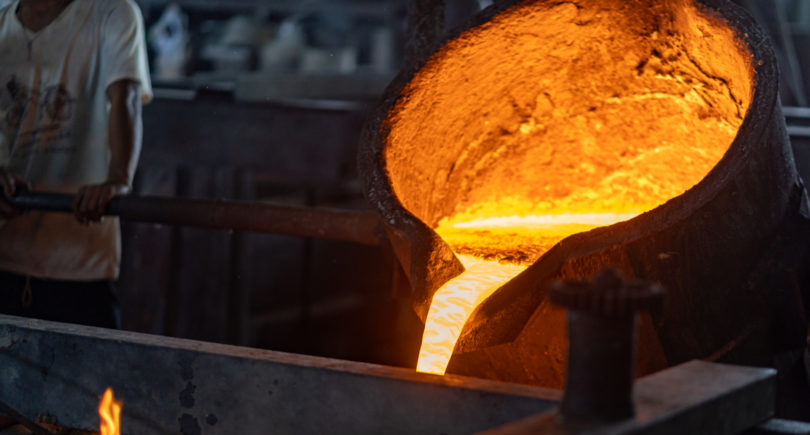
News Global Market Australia 533 12 January 2024
Such an indicator is recorded for the first time in the last 5 months thanks to stable demand in India
Exports of metallurgical coking coal from Australia in November 2023 exceeded 13 million tons for the first time in 5 months, up 9.4% compared to October and 5.4% less than in November 2022. Argus.Media reported about it.
In particular, shipments of hard coking coal from Australia in November amounted to 8.65 million tons. This is 22% more than in the previous month, but 4.9% less than in the previous year. Japan increased its imports of the relevant products by 4.85% y/y – to 1.7 million tons, while India increased its imports by 7.9% y/y – to 3.17 million tons.
The growth in hard coking coal exports was driven by stable demand from India and an increase in port capacity in Queensland after weak performance in October.
Australia’s pulverized coal imports (PCI) totaled 4.37 million tons in November, down 6.3% y/y and 9.2% m/m. Exports to Japan, the largest buyer of Australian PCI, decreased by 32.1% y/y – to 1.22 million tons due to lower demand caused by a drop in steel production. Thus, the weakening of supplies to Japanese consumers had a negative impact on overall exports of metallurgical coking coal.
As GMK Center reported earlier, in November 2023, India and Australia started bilateral negotiations in order to ensure stable supplies of coking coal. In this way, India seeks to help its metal mills, which are suffering from falling supply volumes and rising prices for these raw materials.
World steel imdustry from the beginning of the 2030s can feel growing deficit of coking coal if decarbonisation of the industry is slower than expected or demand for steel is higher. Such a forecast was announced by experts at the specialized summit of the Indian Steel Association (ISA). The steel industry depends on a very narrow supply base, which is a major cause of disruptions and volatility.



